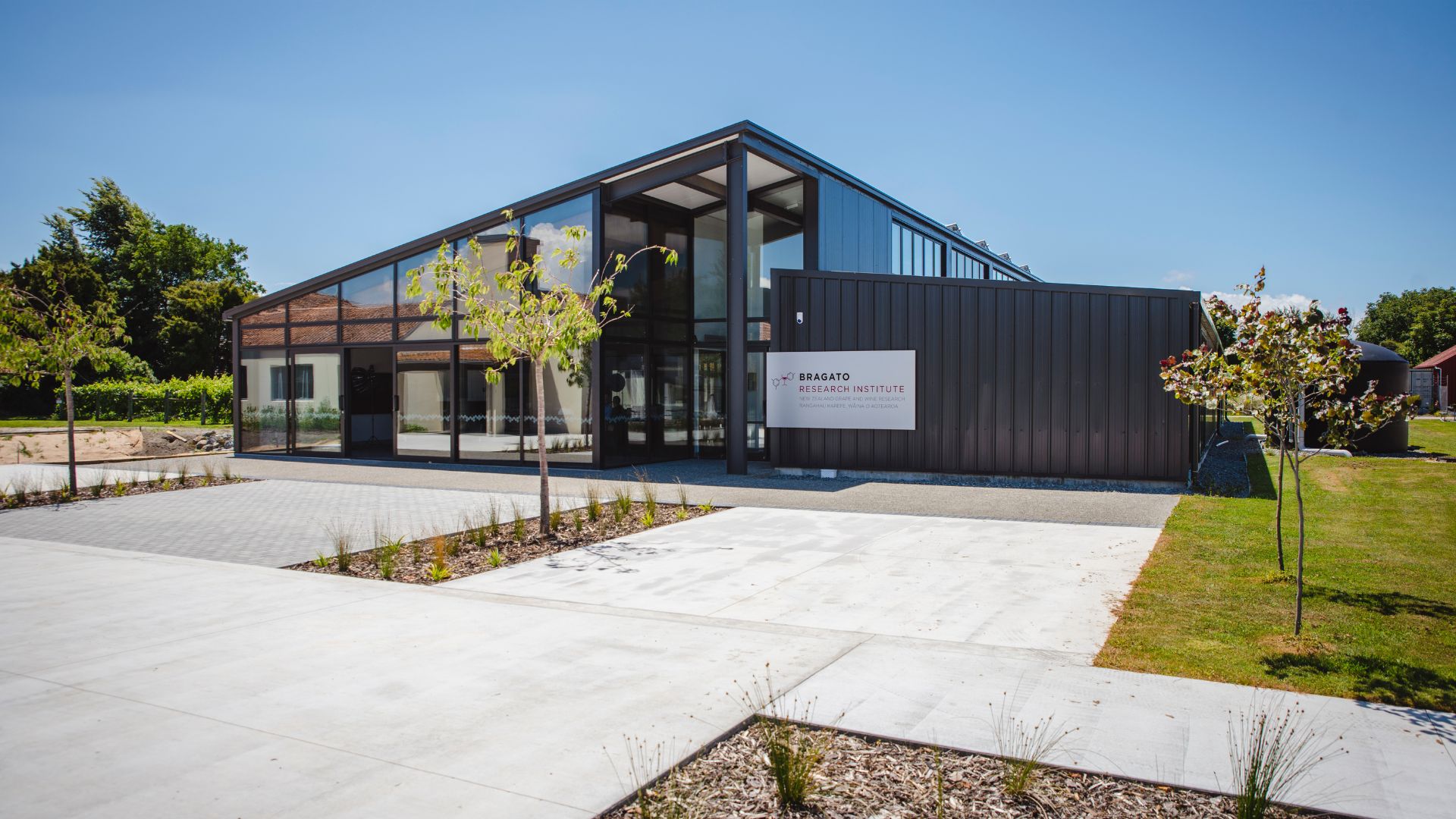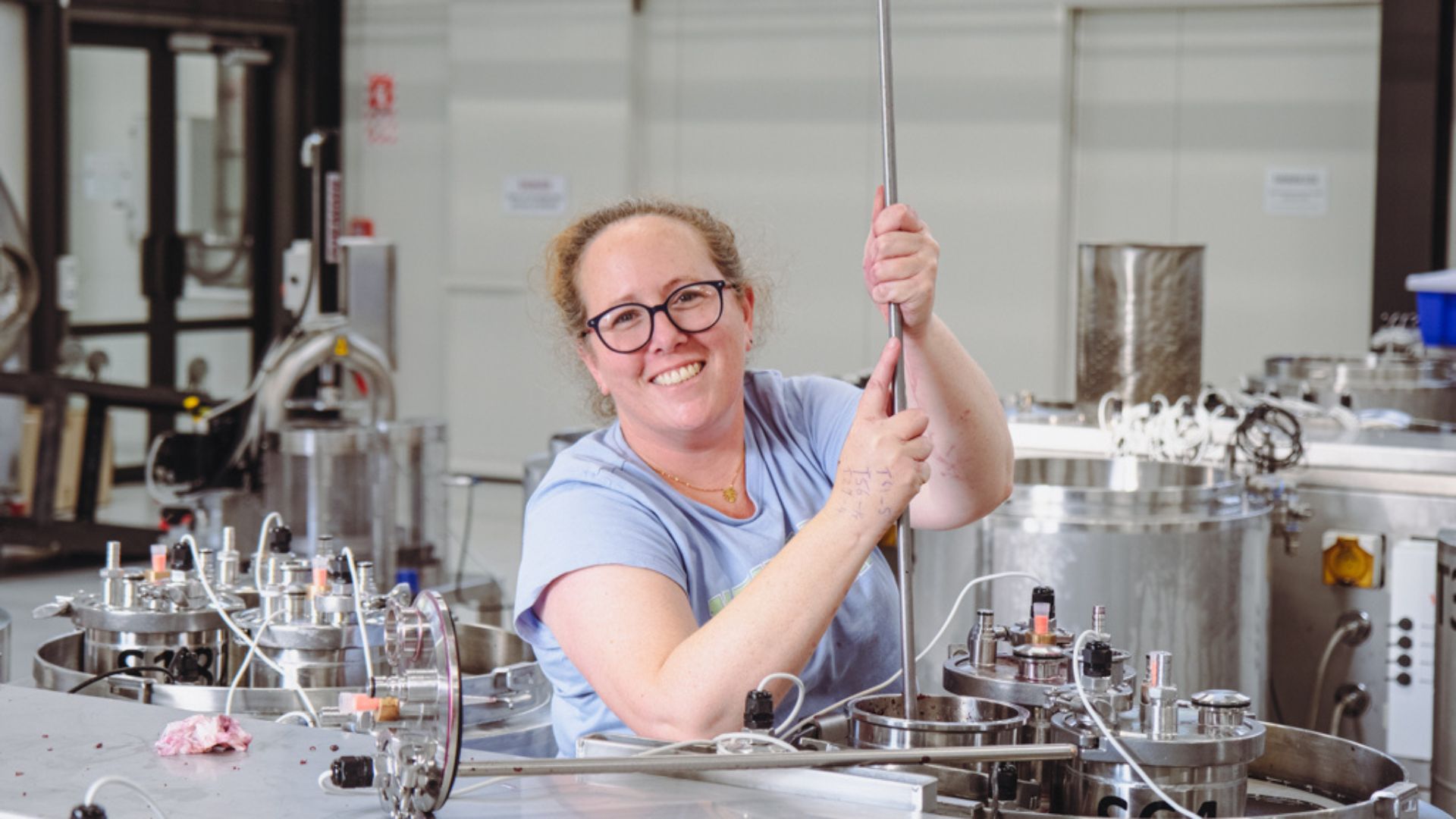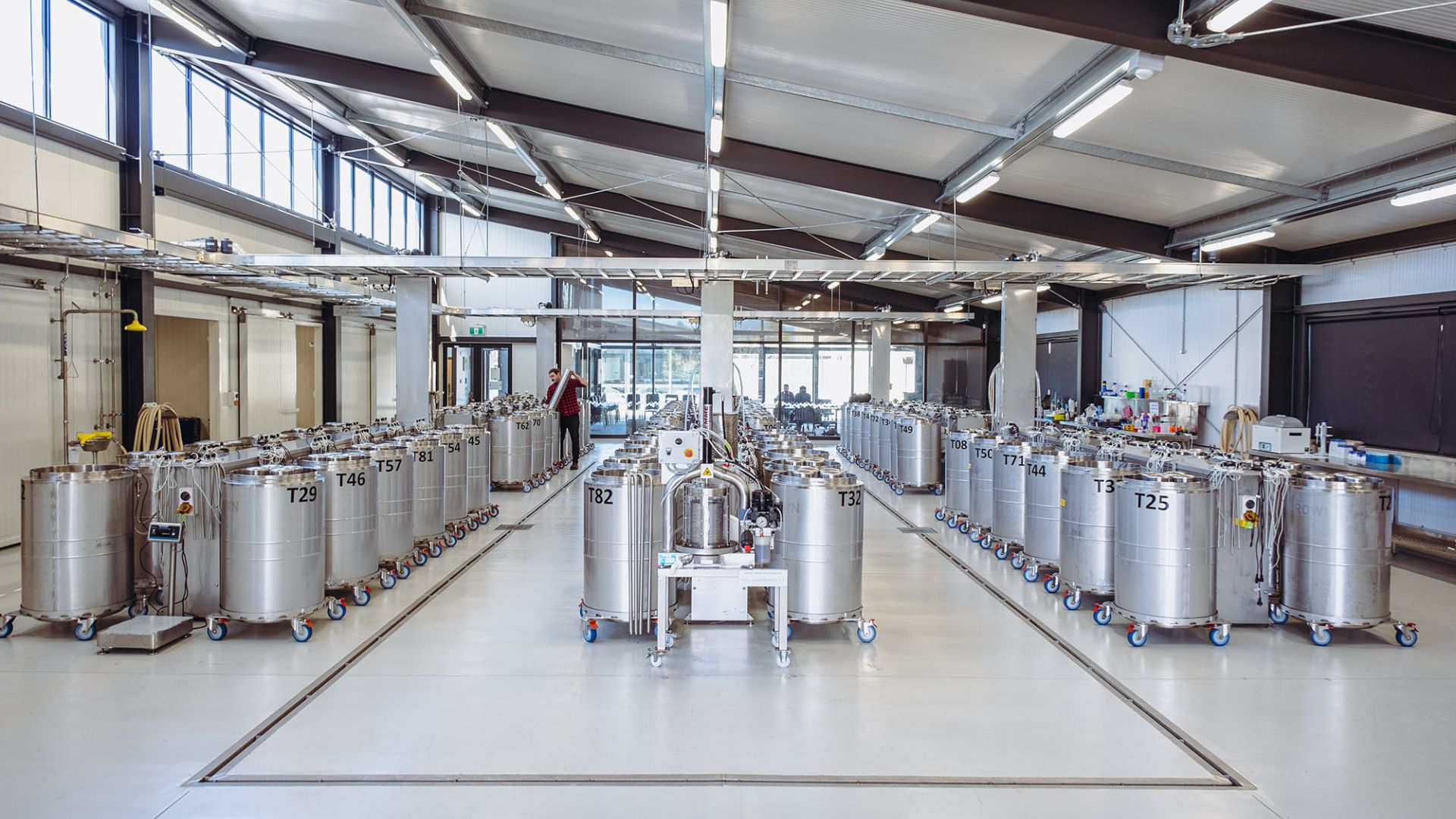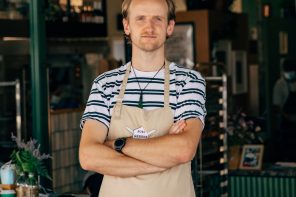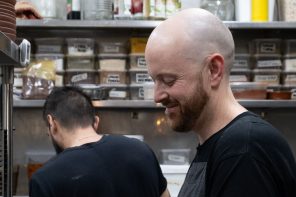Ngarita Warden was completing a double major in microbiology and zoology at the University of Otago, where she found her passion for winemaking after taking a food microbiology paper and learning how to make lab-size wine. This prompted Warden to complete a Post Graduate Diploma in viticulture and oenology at Lincoln University, and she has worked in the industry ever since.
Warden works at the Bragato Research Institute as a research winemaker. She works alongside commercial wineries, research organisations and tertiary institutions to run trials and research new techniques. She said that no two years are the same as the trials always differ. She believes that great wine is made on the vineyard, and that a winemaker’s job should be to guide the wine and reflect the work of the vineyard. She added that interfering too much could adjust the overall quality of the wine.
“Here in the Research Winery, many of the trials we run demonstrate the outcome of different techniques used in the vineyard on finished wines. This allows businesses to trial and improve their vineyard practices while removing the risk of unintended negative effects. So keeping the winemaking intervention to a minimum is important to let the resulting effects show through,” said Warden.
At the Bragato Research Institute, there is a focus on looking at innovation and research for the advancement of the industry. Warden said that one of the best innovations in recent years has been the continuous float for faster juice clarification and tartrate stabilisation via STAR’s or electrodialysis.
Both of these processes save rigorous amounts of time, energy, and consumables, as well as being better for the environment. Whilst her current role is all about technology and new products. However, she enjoys travelling to locations such as Spain and Italy and seeing the historic cellars and barrels. This side of winemaking speaks to her.
Part of Warden’s role at the Bragato Research Institute allows her to experiment with the Research Winery, a unique facility at the institute. The purpose-built tanks at the winery enable the whole industry to access research winemaking at a scale and degree that has not been previously possible in New Zealand.
When deciding how a wine should be bottled, timing for Warden is key. She said that some of the wines that she bottles require extensive attention compared to others.
“Some wines are ready to be bottled not too long after the end of fermentation, such as Sauvignon Blanc. These need just to be stabilised, filtered and bottled. Others, like Chardonnay, need longer to finish malolactic fermentation, time oak etc.”
Warden added that one of the biggest challenges around bottling at the Bragato Research Institute was meeting the timeframes set by clients, particularly if the wines were being shipped overseas.
When discussing the important factors that affect the taste and quality of a wine, Warden said that it starts and ends with the grapes. She pointed out that diseased fruit can lead to browning, off-flavours, and aromas in the finished wine. Warden said that there are tools that can be used to deal with this in the winery.
In her role at the Bragato Research Institute, Warden liked to stay updated with the latest trends and news from throughout the industry. She added that asking questions is the best way to stay ahead of the pack and that gaining as much experience would grow budding winemakers' passion.


